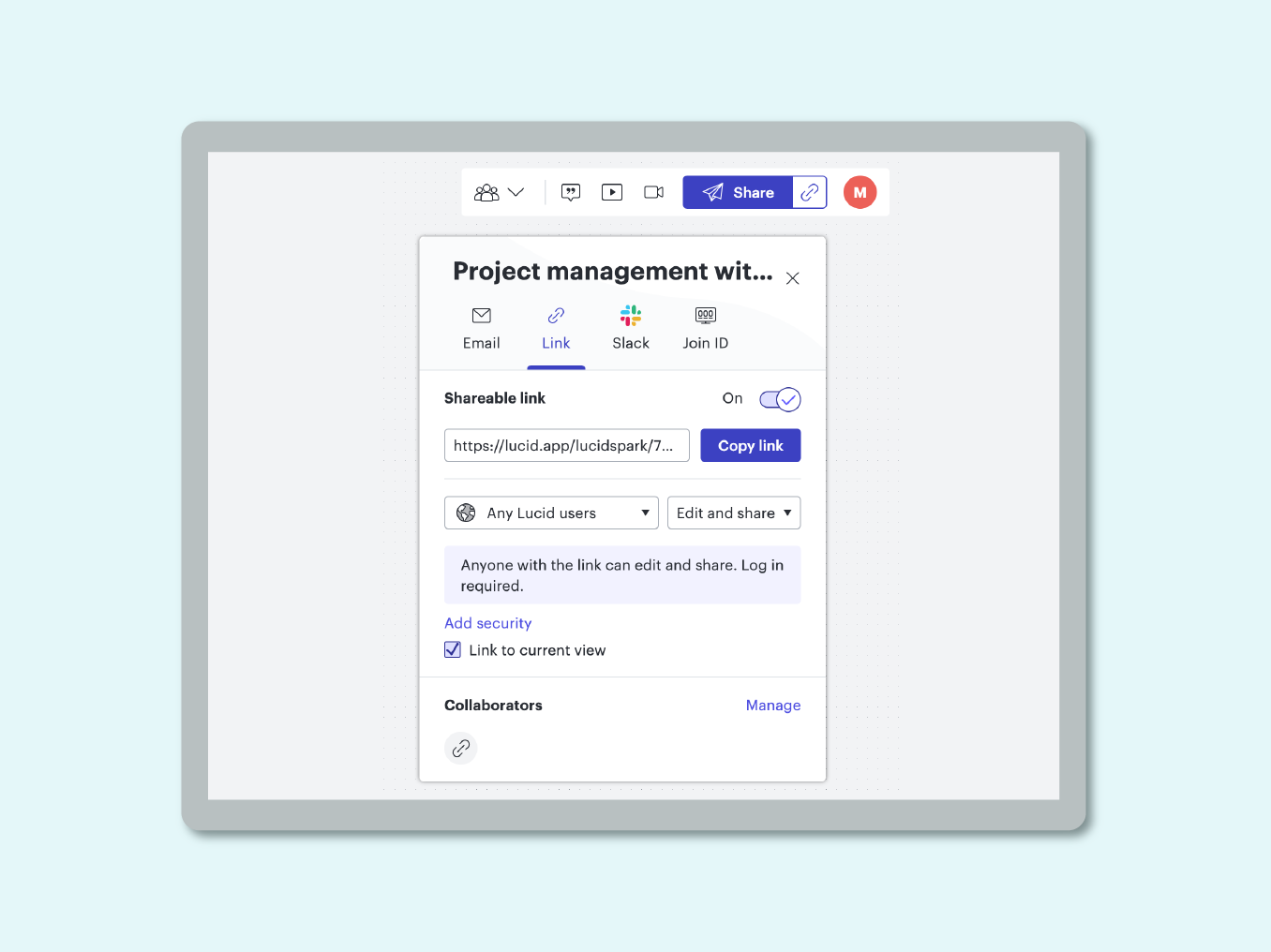ethical icon
Role: UX Researcher
Other Team Members: UX Researcher, 2 Product Designers, Business Strategist
Process: Market Research - Surveys - Usability Testing
Goal: Understanding the needs of consumers looking for ethical shopping options in order design a online marketplace.
company information
Ethical Icon is a startup dedicated to empowering ethically and environmentally conscious consumers to make informed shopping decisions. I joined Ethical Icon as part of a newly relaunched team focused on transforming the initial research and designs into a streamlined product.
updated pain point survey
The COVID-19 pandemic presented our team with a unique problem: Consumer habits had changed drastically since the initial studies we were referencing and comparing these changes could highlight additional opportunities for our designs.
While we had several concerns at this point, we were able to narrow our focus down to three main questions:
• How have people’s shopping habits changed since the pandemic started?
• How can we display value and establish trust with our product?
• What features should we prioritize or elevate in our design?
• How have people’s shopping habits changed since the pandemic started?
• How can we display value and establish trust with our product?
• What features should we prioritize or elevate in our design?
Running an updated survey was the first priority. I focused on mapping out questions around sustainability concerns since March 2020, as well as validating potential product features that had been pitched by the team.
With 194 complete responses, we found that participants considered sustainability in less than half of their purchases since March 2020, reporting no significant change in their feelings on the subject during this time. Sustainable and ethical production practices were considered a bonus, rather than a driving factor to their decision making process.
However, the results also highlighted that there was a large gap between information and the consumer. Because of this, people considered information directly from brands to be less credible.
“It’s difficult and time consuming to find transparent impact information from brands.”
I found that our new results highlighted a new issue: The importance of social proof in the decision making process. When ranking potential features, testimonials and reviews ranked higher than brand partnerships and direct communication with producers in terms of value. This insight into the social aspect of the shopping journey helped to refocus the product roadmap, as the design team worked on the minimum viable product.
usability test overview
Four usability tests were completed to test the core user flow of the Ethical Icon website design.
Key Takeaways:
Key Takeaways:
Users value transparency in the curation process and use of primary sources for sourcing potential brand partners.
• The design should focus on accessible sustainability information with a focus on storytelling, value-based decision making and spending impact.
study planning and structure
Working alongside the product designers building out a functional prototype, I focused on three main questions when brainstorming the script:
• Do users understand the functionality of the Ethical Icon website?
• What errors could occur when interacting with the design’s key features?
• What would make EI valuable in the sustainable shopping process?
Testing rounds started with an introduction interview to follow up on the survey launched previously. Then each participant when through a task-based exploration of the Ethical Icon website prototype to test how the main flow matches our users’ shopping journeys. The scenarios I wrote were designed to take the participant through the “happy path” of the site, from the homepage to the final purchase selection.
I selected participants for the usability test using the following criteria:
• A stated preference for buying from sustainable and ethical brands
• The majority of their purchases are made after considering sustainability as a factor
• A stated preference for buying from sustainable and ethical brands
• The majority of their purchases are made after considering sustainability as a factor
As we completed these tests, I started a quick analysis of our initial observations using a rainbow spreadsheet. Matching our survey, transparency in garment production and spending impact was still an important theme:
"If there's a story behind something that I purchase... I place a stronger meaning on that."
Users questioned the source of our information because they were unfamiliar with the certification processes used. The focus on the products rather than individual sustainability causes made them question the real impact of their purchases.
Since users were skeptical about brands, they wanted to know as much as they could about a company’s story: their values, sustainability initiatives, etc.
I recommended ways of incorporating more storytelling around the brands featured on throughout the site overall to better explain why they were being highlighted, including filters for specific causes or values.





